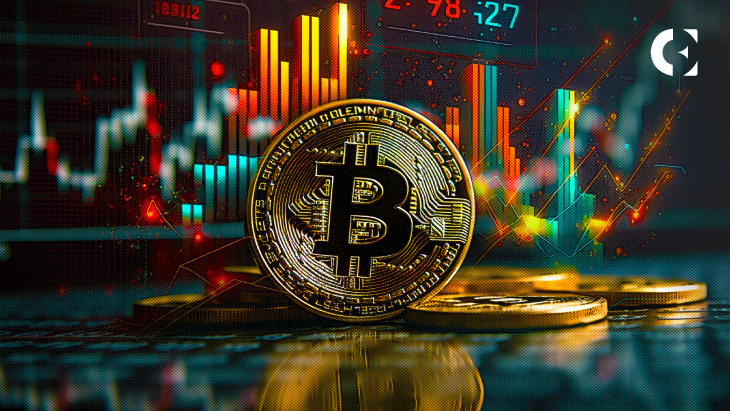JPMorgan is still negotiating to take over support of the Apple Card in place of Goldman Sachs
The post JPMorgan is still negotiating to take over support of the Apple Card in place of Goldman Sachs appeared on BitcoinEthereumNews.com. JPMorgan is in advanced talks to assume responsibility for the Apple credit card venture currently overseen by Goldman Sachs. According to sources familiar with the situation, discussions over the portfolio handover between financial firms and the tech giant are still in progress. However, an agreement has yet to be reached. Insiders reported that banks like American Express, Synchrony, and Barclays are no longer in contention for the card deal, giving JPMorgan a major advantage. Goldman Sachs faced regulatory scrutiny over its management of the Apple Card Goldman Sachs has been seeking to exit its partnership with Apple for a while now. What began in 2019 as a high-profile foray into consumer banking with the Apple Card soon turned into a burden, marred by technical issues, regulatory scrutiny, and allegations of algorithmic bias. Although Goldman beat out top-tier rivals to secure the Apple Card deal, the rapid growth of the program and the need to set aside reserves for potential loan losses quickly put pressure on the bank’s balance sheet. Further complicating the partnership, the Consumer Financial Protection Bureau ordered Goldman and Apple to pay more than $89 million in late 2024 after concluding they misled customers and mishandled dispute processes related to the Apple Card. According to the regulator, the two institutions gave customers false information on interest-free payment plans and had lapses in their customer service. At the time, CFPB Director Rohit Chopra commented, “Apple and Goldman Sachs illegally sidestepped their legal obligations for Apple Card borrowers. Big Tech and Wall Street firms should not behave as if they are exempt from federal law.” He described the rollout as chaotic, citing that essential systems for the Apple Card were not fully operational at launch. He also noted that Goldman moved forward with the release despite third-party warnings about technological…

The post JPMorgan is still negotiating to take over support of the Apple Card in place of Goldman Sachs appeared on BitcoinEthereumNews.com.
JPMorgan is in advanced talks to assume responsibility for the Apple credit card venture currently overseen by Goldman Sachs. According to sources familiar with the situation, discussions over the portfolio handover between financial firms and the tech giant are still in progress. However, an agreement has yet to be reached. Insiders reported that banks like American Express, Synchrony, and Barclays are no longer in contention for the card deal, giving JPMorgan a major advantage. Goldman Sachs faced regulatory scrutiny over its management of the Apple Card Goldman Sachs has been seeking to exit its partnership with Apple for a while now. What began in 2019 as a high-profile foray into consumer banking with the Apple Card soon turned into a burden, marred by technical issues, regulatory scrutiny, and allegations of algorithmic bias. Although Goldman beat out top-tier rivals to secure the Apple Card deal, the rapid growth of the program and the need to set aside reserves for potential loan losses quickly put pressure on the bank’s balance sheet. Further complicating the partnership, the Consumer Financial Protection Bureau ordered Goldman and Apple to pay more than $89 million in late 2024 after concluding they misled customers and mishandled dispute processes related to the Apple Card. According to the regulator, the two institutions gave customers false information on interest-free payment plans and had lapses in their customer service. At the time, CFPB Director Rohit Chopra commented, “Apple and Goldman Sachs illegally sidestepped their legal obligations for Apple Card borrowers. Big Tech and Wall Street firms should not behave as if they are exempt from federal law.” He described the rollout as chaotic, citing that essential systems for the Apple Card were not fully operational at launch. He also noted that Goldman moved forward with the release despite third-party warnings about technological…
What's Your Reaction?







































